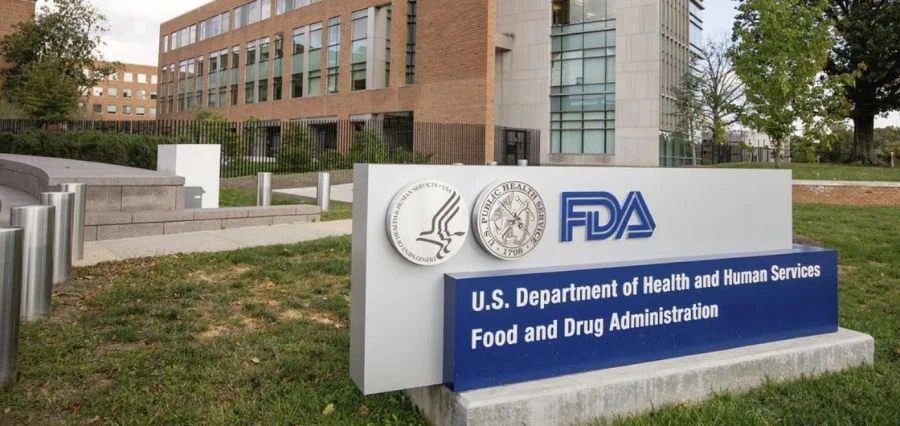Prime Highlights:
The FDA announced ‘Elsa,’ a generative AI platform that will help scientific reviewers and investigators simplify intricate workflows. Elsa improves efficiency in activities like summarizing adverse events, clinical protocol review, and accelerating scientific reviews.
Key Facts:
- Elsa runs in a secure environment to avoid revealing sensitive government information.
- The AI doesn’t utilize any proprietary data of drug or device manufacturers.
- The FDA will fully adopt AI by June 30 after an effective pilot phase.
Key Background:
The U.S. Food and Drug Administration (FDA) developed and released a new generative artificial intelligence (AI) model named Elsa with the aim of accelerating the speed of its regulatory review processes. Ahead of schedule and within cost by FDA Commissioner Marty Makary, Elsa was achieved through interagency collaboration.
Elsa is now employed to aid scientific reviewers and researchers in making their work more efficient such as condensing adverse event reports, skimming over clinical trial protocols, writing database code, and determining high-priority targets for inspections. It typically takes six to ten months for FDA reviewers to review submissions for drug approvals, but Elsa performs the task much faster by reading huge amounts of data quickly, summarizing, and examining them.
The AI technology was created in a safe cloud environment to protect confidential internal documents and prevent them from being utilized in training external AI models. Elsa does not use confidential or proprietary data from pharmaceutical and device companies, ensuring data privacy and regulatory compliance.
The project is among the FDA’s long-term plans to bring AI technologies into its own regulatory framework with the vision to have fully integrated AI-based processes by June 30, 2025, following a successful pilot.
Meanwhile, the FDA published draft guidance on the use of AI to support drug and biologics regulatory decision-making. The guidance sets out a risk-based framework for developers and sponsors to assess the validity of AI models that are applied in drug development and also during regulatory review. The FDA saw a sharp surge in submissions with an element of AI since 2016, which mirrors increasing AI application in healthcare innovation.
The agency underscores that it is important to ensure the credibility and reliability of AI models, especially in applications such as predicting patient outcomes, analyzing extensive amounts of data, and explaining disease progression. Sponsors of medical products based on AI are encouraged to approach the FDA in an early engagement.
The development of Elsa and the accompanying advisory testify to the dedication of the FDA to innovation balanced by rigorous efficacy and safety measures. Through the adaptation of AI tools, the FDA aims to give its regulatory process a twenty-first-century facelift, improve public health outcomes, and allow new medical products to be developed in a secure manner.
Read More: UAE Residents Turn to UK Visit Visas as Schengen Delays Become Long




